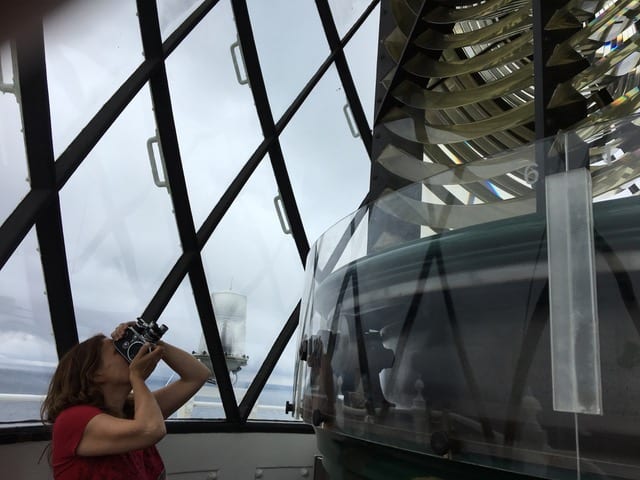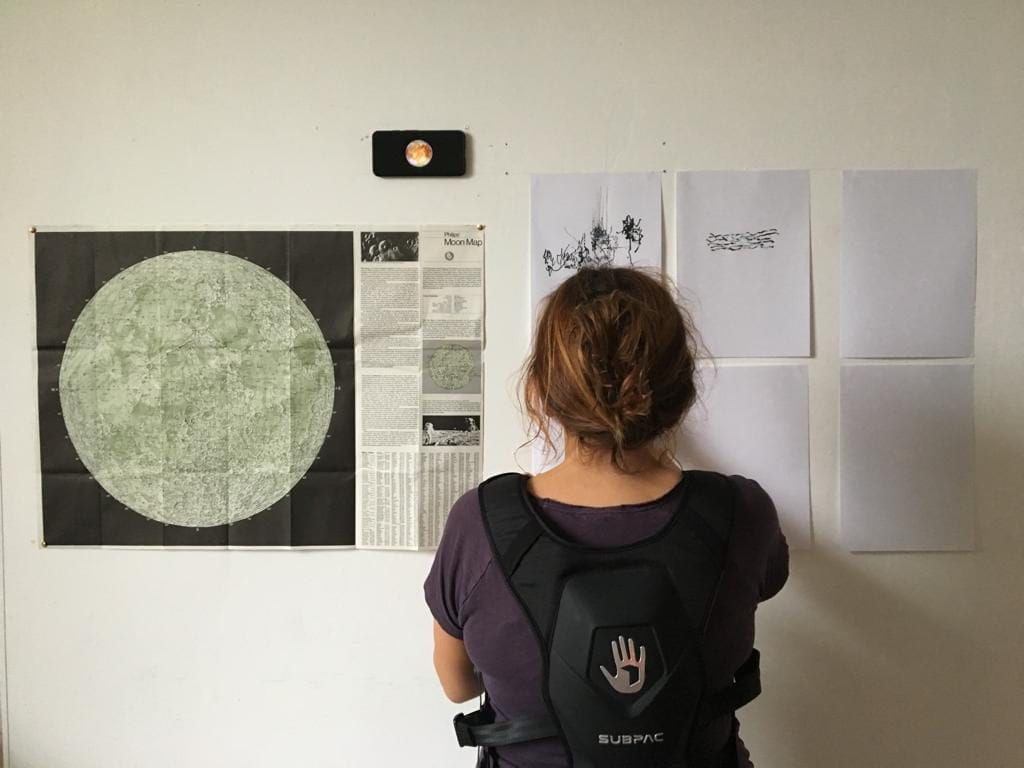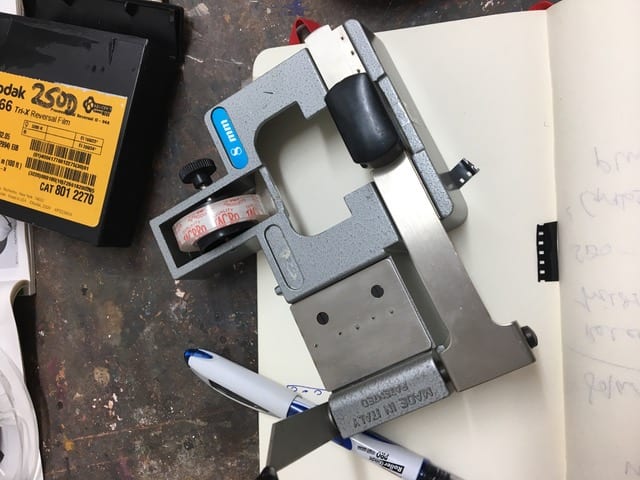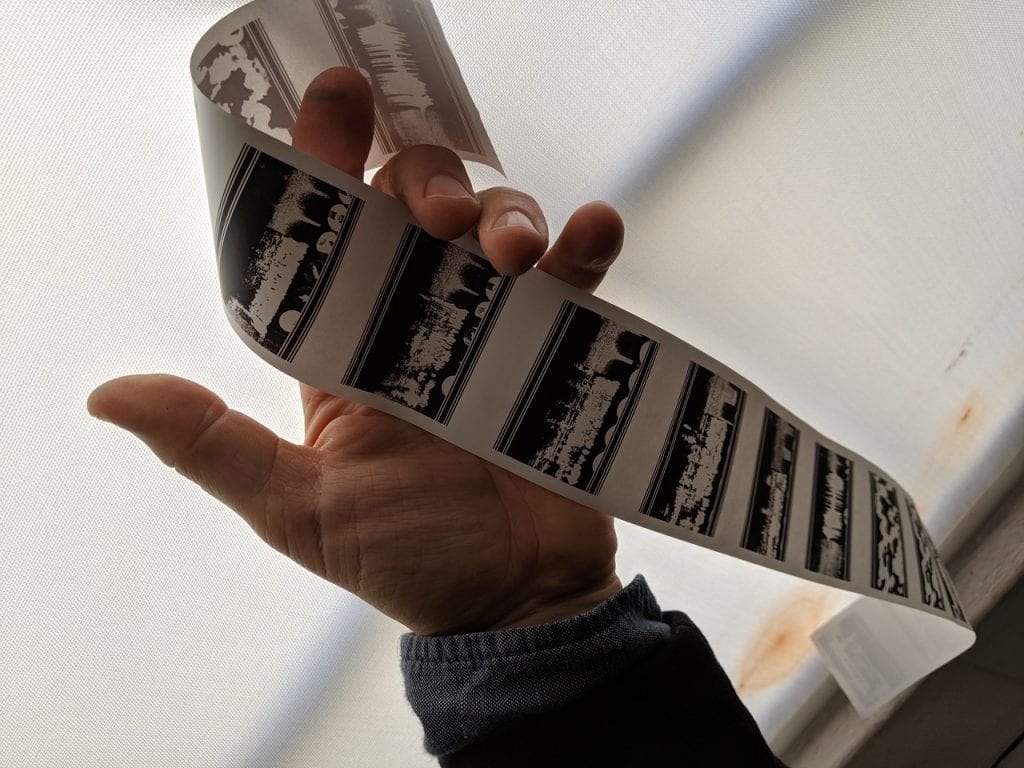
Immersion
Joanna Mayes & Justin Wiggan
Over the summer, Falmouth University ran an open call for three SWCTN Porthmeor Residencies in St Ives in October, November & December of this year for those based in the South West, working in the field of immersion, using tech in some way, at some point.
Joanna Mayes and Justin Wiggan hold this residency in November. This is a joint collaboration that explores an extended notion of communication, incorporating human and non-human data. They will investigate sender / receiver information via haptic technologies to investigate the spaces between connection, the non spaces, the void where information is held but not perceived.
Here’s what Joanna and Justin have to say about their plans for the month:
“We bring young people (as part of the innovative GameChanger project) and community members to historic Porthmeor Studios as part of our residency, exploring the story of astronomical measurement, drawing on Cornwall’s prehistoric interest in the measurement of the solar cycle at stone circles (solar system measurement walks, using drawing and sound recording for focus).
We will be working with sound and live visuals, building upon material accumulated during this year’s 400 Light Years residency at Lizard Point and extending this with work created during our residency.
During this residency we will be working with themes from our Chasing Venus project, celebrating the intriguing Cornish connection to the 1769 observation of the Transit of Venus. In this 250th anniversary year we share the story of John Bradley at Lizard Lighthouse and Cornwall’s Malachy Hitchens at Greenwich Observatory. 2019 is also the anniversary of the building and first light from the Lizard Lighthouse 400 years ago. We have been considering the story of the use of parallax for observation, which creates a link between these anniversaries, with 400 light years being the limit of its use to measure objects in space.”



